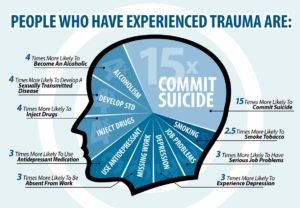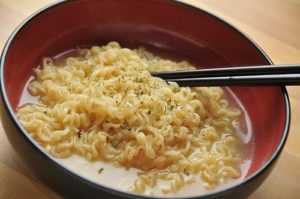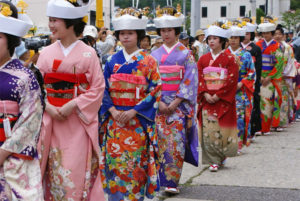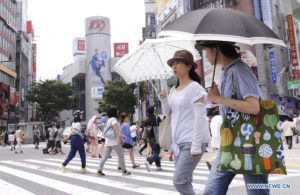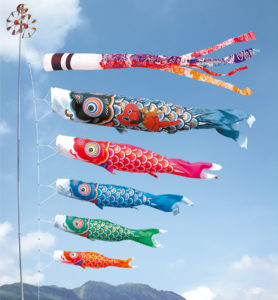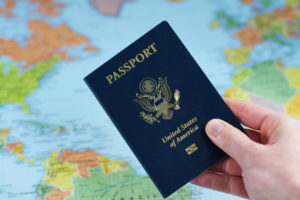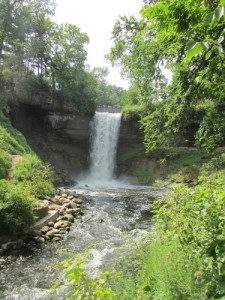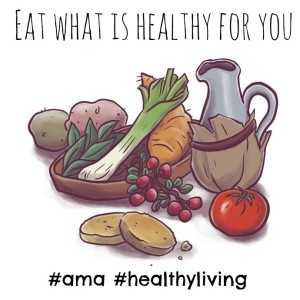http://sandyhookcolumbine.org/
With recent violent events, it can impact people in different ways. If you know someone experiencing trauma, try your best to support them and let them know about their available resources. If you or a friend is in need, remember that you can always reach out to or depend on these things:
- Close family members and friends
- Professionals – local clinics, hotline, therapist, etc.
- Online support communities
- Click here for facts/info about trauma in the state of Minnesota
- For local helplines in Minnesota click here!
“Anyone can help someone who struggles with trauma—whether they work in the medical or mental health community, or are just a caring individual.
The National Council for Behavioral Health would like to share a few resources about trauma:
- INFOGRAPHIC: 10 Signs A Person May Be Experiencing Trauma
- INFOGRAPHIC: 10 Tips to Help Someone Experiencing Trauma
- TIP SHEET: Trauma in the LGBTQ Community: What Practitioners Should Know in the Wake of the Orlando Shootings.
- FACT SHEET: LGBTQ Mental Health: How the Orlando Shootings Can Broadly Impact This Community.” – Rightful owner

